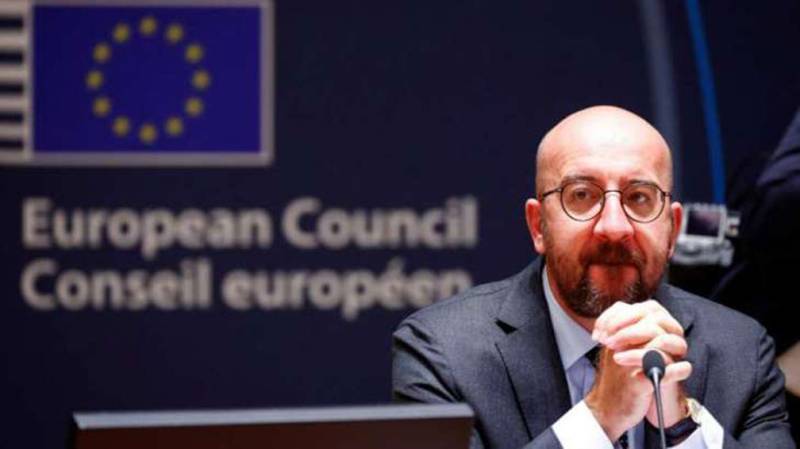Brussels - EU chief Charles Michel on Thursday urged the European Parliament to approve a massive recovery package hammered out at a hard-fought summit that he said was unrivalled in size and ambition. Tied with the EU’s long-term budget, Michel said the total stimulus would reach 1.8 trillion euros ($2.2 trillion) and that this would go a long way to reversing Europe’s massive recession. “This moment, it’s my conviction, is pivotal in European history. We acted fast and with urgency,” the president of the European Council told European Parliament. “This response is massive compared to the size of the economy. Europe’s response is greater than that of the United States or China,” he told MEPs. But Ursula von der Leyen, the president of the European Commission, admitted to MEPs meeting in Brussels that after the stimulus package the longer-term plan involves EU budget cuts that are hard to stomach. “Yes, we managed to avoid even further cuts, as some member states wanted, but this MFF is a difficult pill to swallow. And I know this house feels the same way,” she told the European Parliament, referring to the draft long-term EU budget. But, she said, here “we should take a step back and look at where we are coming from” -- namely a hole of around 70 billion euros because of Britain’s divorce from the EU. “The good news is that we have managed to plug almost all of that gap. That means that every country has to pay more,” she said. The European Parliament is expected to vote on the EU’s long-term budget of 1,074 billion euros by the end of the year. However, it does not have a vote on the 750 billion euro post-coronavirus recovery plan, though it is closely linked to the EU budget. The deal was sealed by EU leaders after intense negotiations that saw threats of walkouts, vetoes and fierce opposition from the Netherlands and Austria. Germany and France strongly backed the package, which enables joint borrowing by the 27 members of the bloc to help virus-hit countries, particularly Spain and Italy. “The debate that we’re opening now, it is really about the meaning and the direction that we wish to give to this European project in the coming years,” Michel said. “Effectively, what we’ve done is renew our European marriage vows for 30 years, we have confirmed European unity.”






